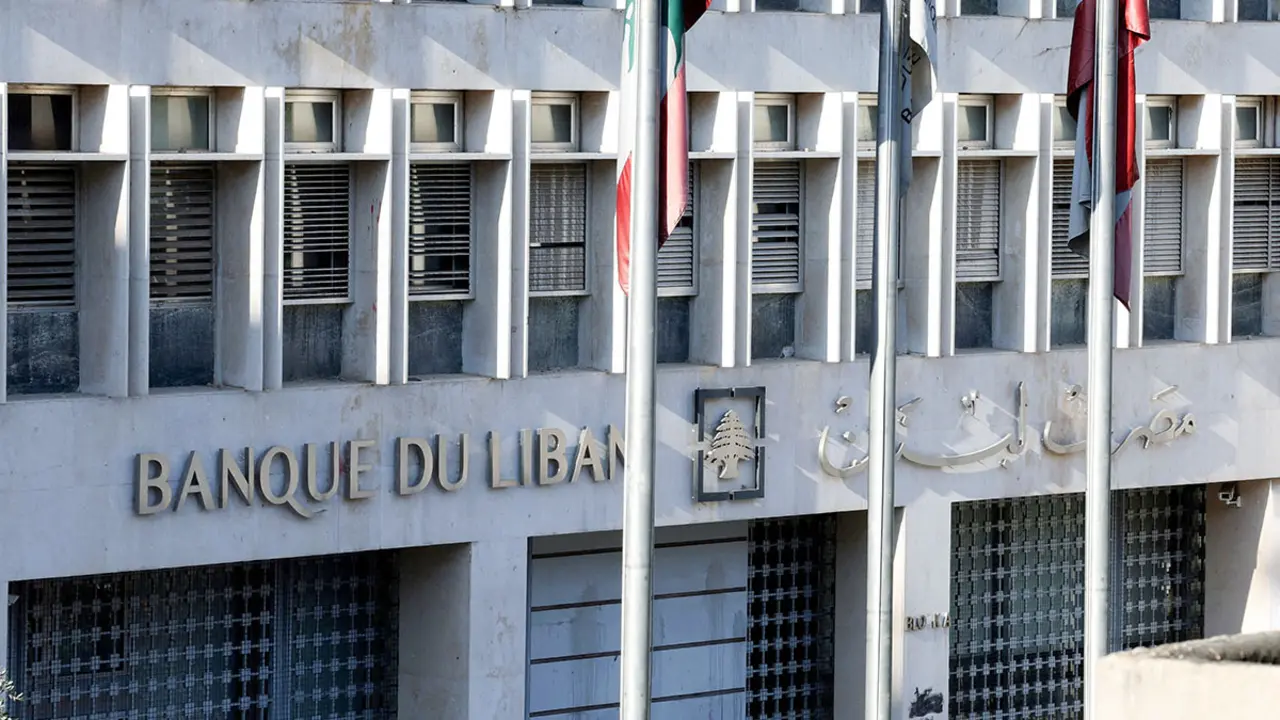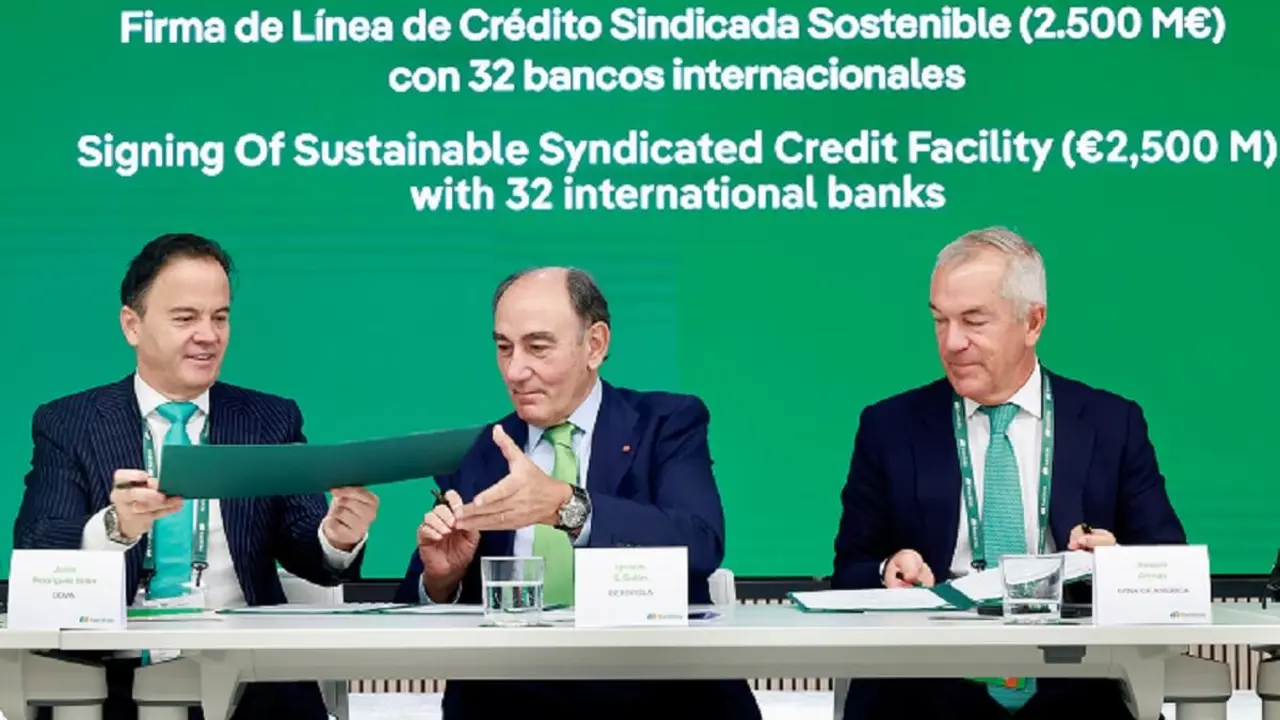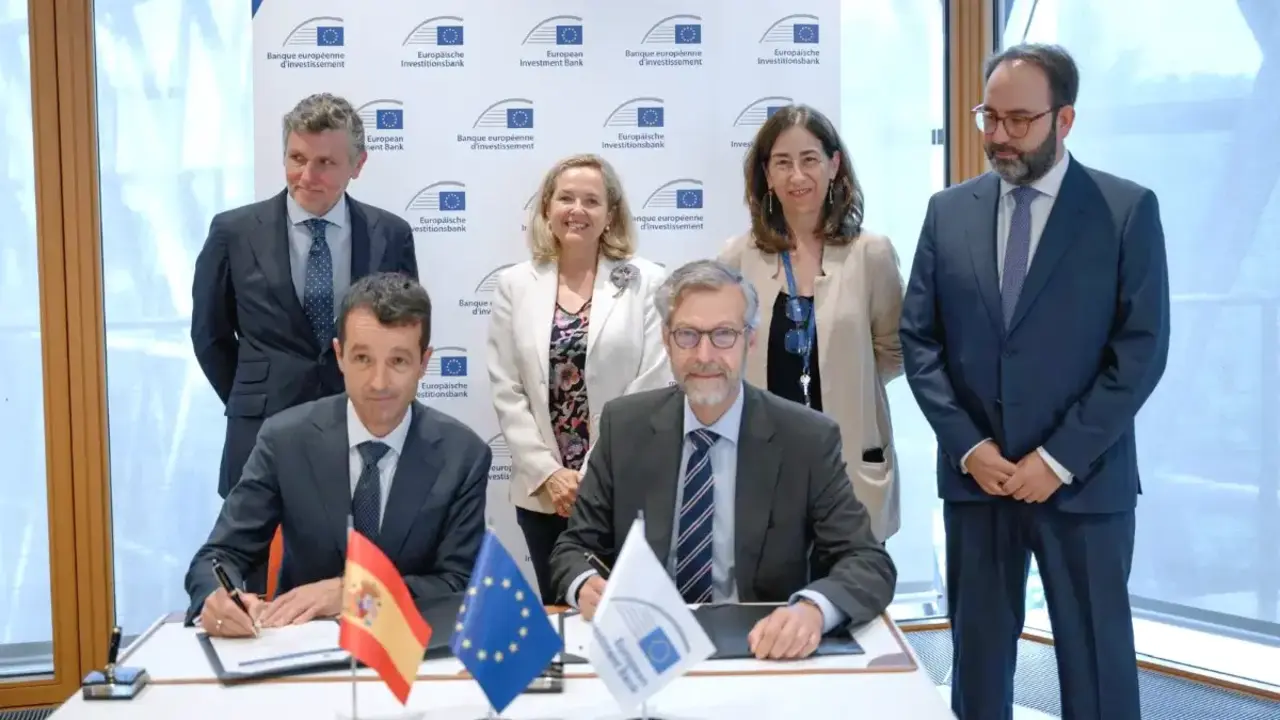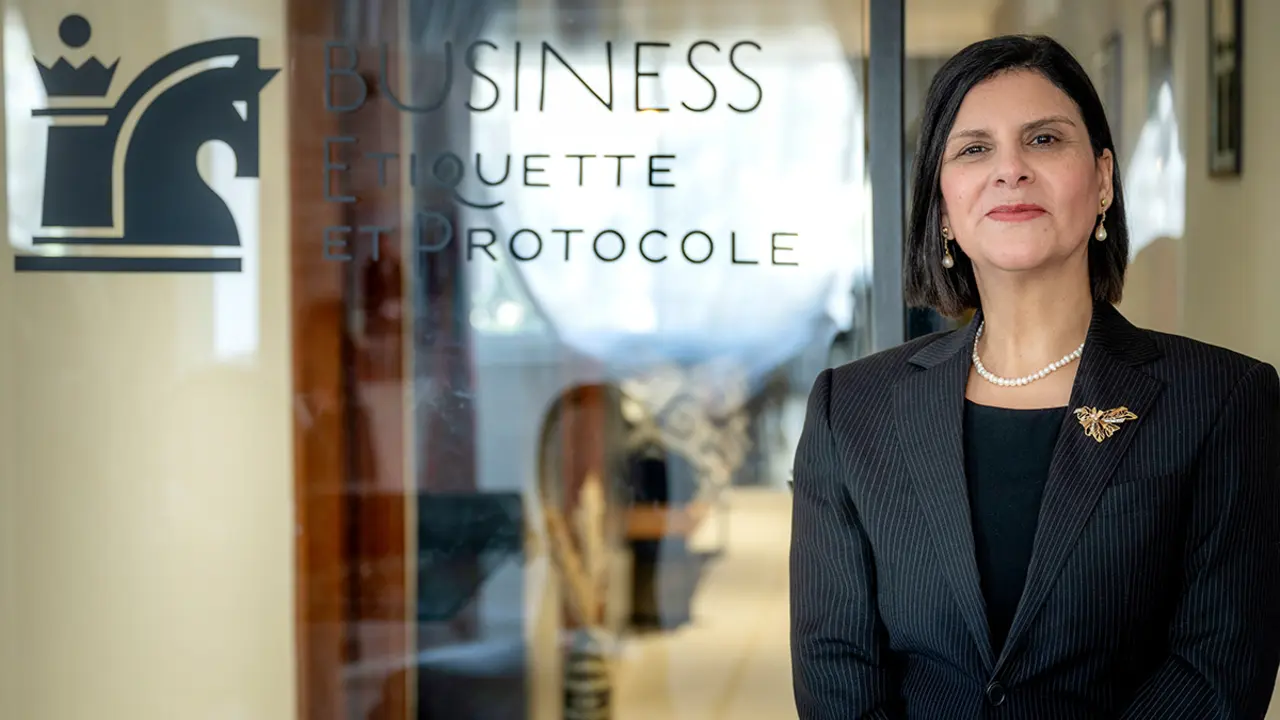Círculo de Empresarios proposes abolishing wealth tax and opposes tax harmonisation
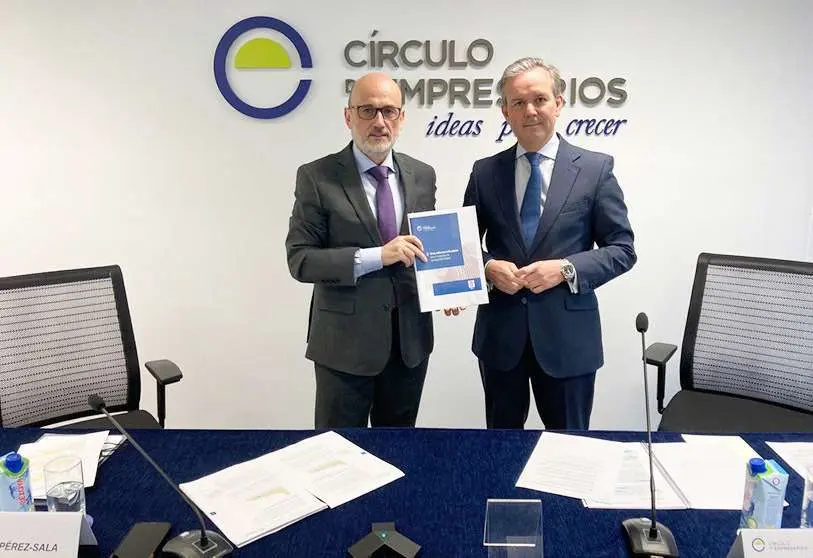
The Círculo de Empresarios has proposed abolishing wealth tax and maintaining inheritance and gift tax by generalising high exemptions for direct transfers and, in particular, to "ensure succession in family businesses and not penalise savings and investment to prevent their relocation".
This is reflected in the document 'A tax reform that boosts competitiveness' presented on Monday by the organisation, in which it proposes a modification of the tax system that differs from that proposed by the committee of experts for tax reform appointed by the Government.
The president of the Círculo de Empresarios, Manuel Pérez-Sala, has criticised at a press conference that the 'White Paper for Tax Reform' recently published by the committee of experts appointed by the Government proposes a "generalised tax increase". "A generalised rise in taxes means slowing down the economic and employment recovery", he warned.
Against this proposal, the Círculo de Empresarios proposes a reform that favours the growth and competitiveness of the economy, and at the same time encourages savings and investment, promotes economic freedom and is not an obstacle to entrepreneurship and the "prosperity" of citizens.
The President of the Círculo de Empresarios considers that any tax reform that the Executive wishes to tackle should be the result of the "greatest possible consensus", based on a "great State pact" with the main "centre" parties so that this modification of the Spanish tax system is lasting over time.
For the Círculo, the necessary fiscal consolidation that Spain must undertake must come hand in hand with a review of public spending "to make it more efficient" and not a generalised increase in taxes that would lead to an increase in revenue.
The employers' organisation believes that tax harmonisation between figures and tax rates should not be carried out between Spanish administrations, but between European administrations under technical and rational criteria that favour "healthy" tax competition.
Among the proposals in the area of taxation on earned income, the Círculo de Economistas considers that before considering possible increases in marginal rates, attention should be paid to job creation in order to increase the number of taxpayers and thus widen tax bases.
Furthermore, the President of the Working Group on Taxation, Alberto García Valera, believes that it is necessary to reduce the social security contributions paid by companies, which are higher than those existing in the European Union, in order to gain competitiveness.
In the area of consumption taxation, the organisation considers that there is a need to simplify the design of VAT, to reallocate rates taking into account the production structure and its possible economic and social repercussions, and to eliminate restrictions that limit investment.
With regard to environmental taxation, the Círculo de Empresarios stresses that it should be borne in mind that its purpose should not be to raise revenue, but to discourage environmental impact under the "polluter pays" principle, with the resulting revenue being used to promote the ecological and energy transition.
The Círculo considers that the tax system should be "simple, transparent, efficient, stable and neutral" and that "frequent changes in taxation and the creation of new tax figures to increase revenue have negative effects in terms of legal certainty, promotion and attraction of investment, as well as seriously harming the productivity and competitiveness of the Spanish economy.
He thus concludes that any reform in the current context, with no consolidated recovery, high inflation, high public deficit and high level of indebtedness, must promote economic growth and boost business activity.


